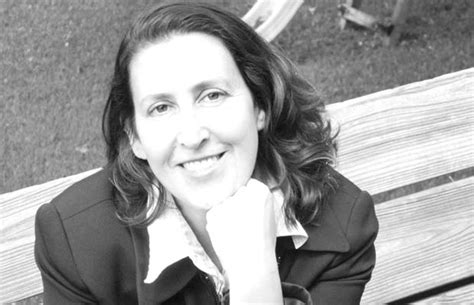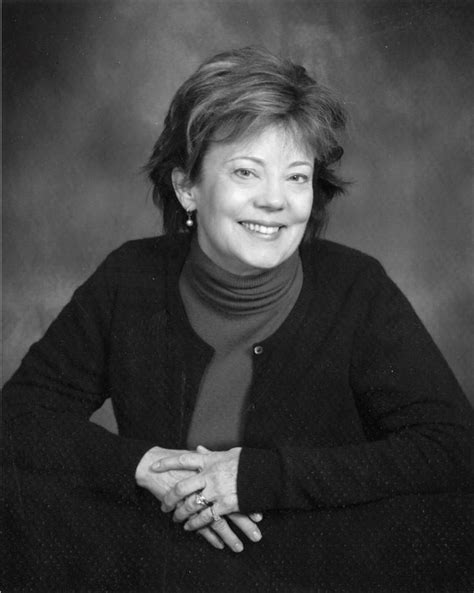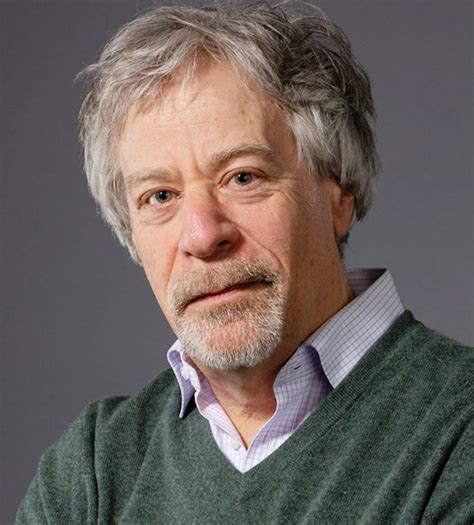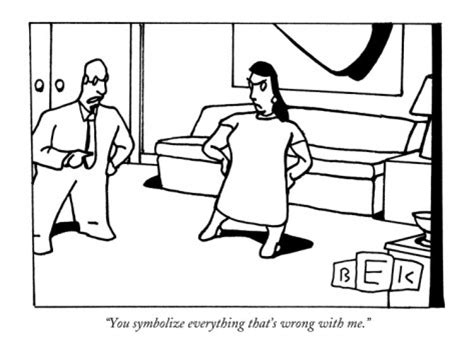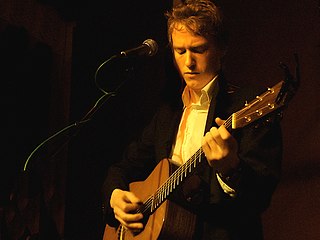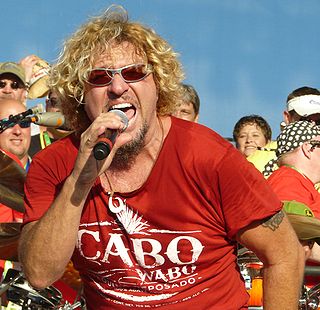A Quote by Karen Bender
At one point, I had a story accepted at the 'New Yorker,' which sent off weird bells in people when I told them - 'Oh,' they thought, 'now you are a writer' - where I really had been for the last 30-odd years.
Related Quotes
'Royal Beatings' was my first story, and it was published in 1977. But I sent all my early stories to 'The New Yorker' in the 1950s, and then I stopped sending for a long time and sent only to magazines in Canada. 'The New Yorker' sent me nice notes, though - penciled, informal messages. They never signed them. They weren't terribly encouraging.
What was happening was only the working-out of a process that had started years ago. The first step had been a secret, involuntary thought, the second had been the opening of the diary. He had moved from thoughts to words, and now from words to actions. The last step was something that would happen in the Ministry of Love. He had accepted it. The end was contained in the beginning.
I do think it's interesting when people are born into families that at one point had huge amounts of money and that money has kind of vanished over the generations and they're sort of the last vestiges. You see that these people live really quite modestly and yet, somehow the way the clothes fit them, they still have some kind of strange genetic advantage over the rest of us. There's always these weird things in which you detect the legacy. There's a pair of cufflinks that you look at and go, "Oh, my God! These had to come from the Romanovs."
We are watching people who've been educated in the public school system and in colleges for the last 25 or 30 years become adults. They're getting jobs as TV commentators and journalists and writers and editors and producers in the media. And we're simply seeing the product of what they've been taught. And they so hate what they've been told is America's history and past that they want everybody to know they disagree with it and they've got nothing to do with it, and they had nothing to do with it, and don't blame them.
For his thirtieth birthday he had filled a whole night-club off Regent Street; people had been queuing on the pavement to get in. The SIM card of his mobile phone in his pocket was overflowing with telephone numbers of all the hundreds of people he had met in the last ten years, and yet the only person he had ever wanted to talk to in all that time was standing now in the very next room.
There was a point where if you had told me I was going to be a national morning anchor, I would probably have been terrified. But now, I feel prepared. I've been in the business for almost 20 years now. I'm almost forty years old and I've been doing this for a long time, so I felt like, "Okay, I'm ready to do this."
I was writing everything. I grew up in Albany, New York, and I was never any farther west than Syracuse, and I wrote Westerns. I wrote tiny little slices of life, sent them off to The Sewanee Review, and they always sent them back. For the first 10 years I was published, I'd say, "I'm a writer disguised as a mystery writer." But then I look back, and well, maybe I'm a mystery writer. You tend to go where you're liked, so when the mysteries were being published, I did more of them.
